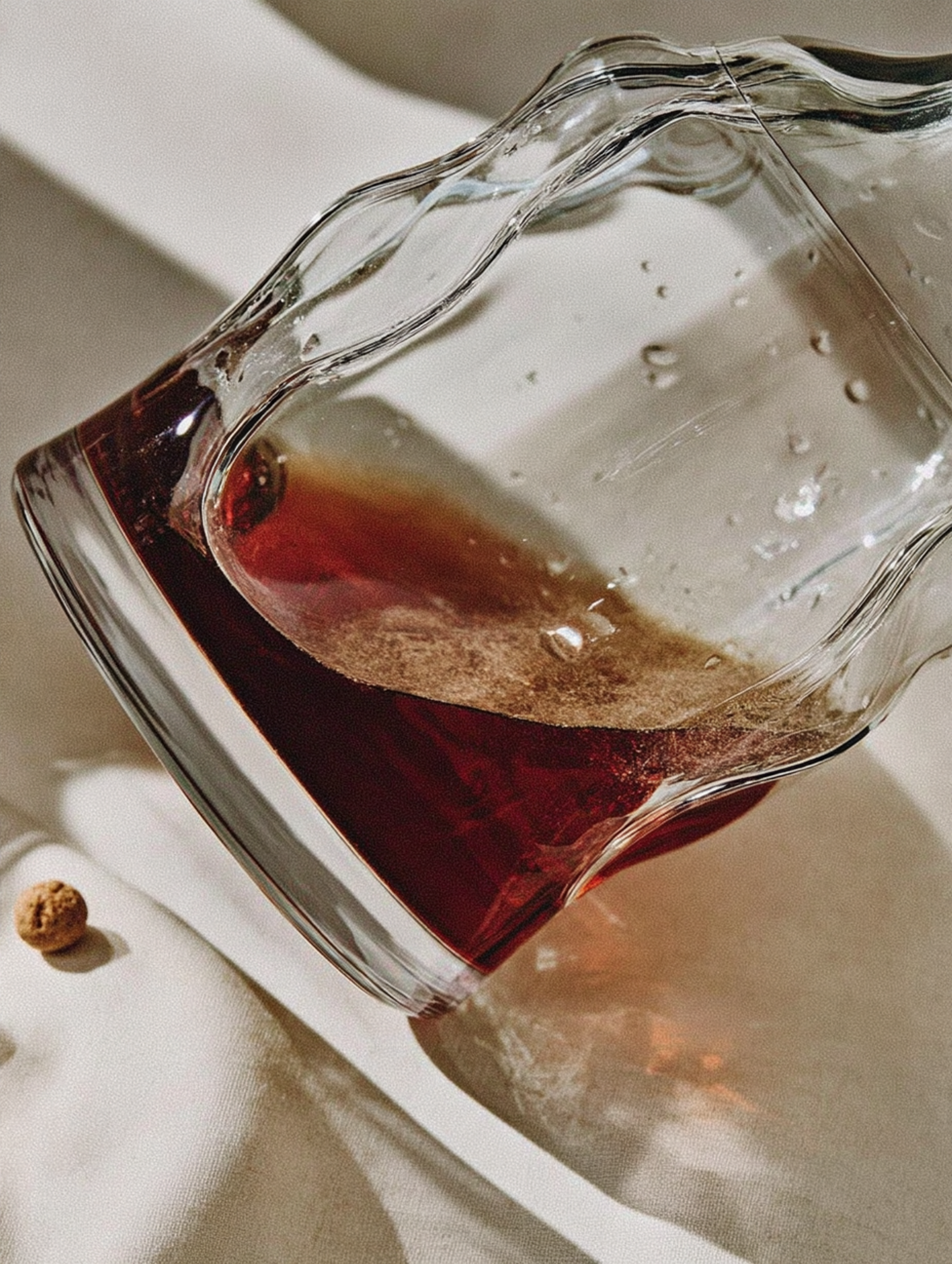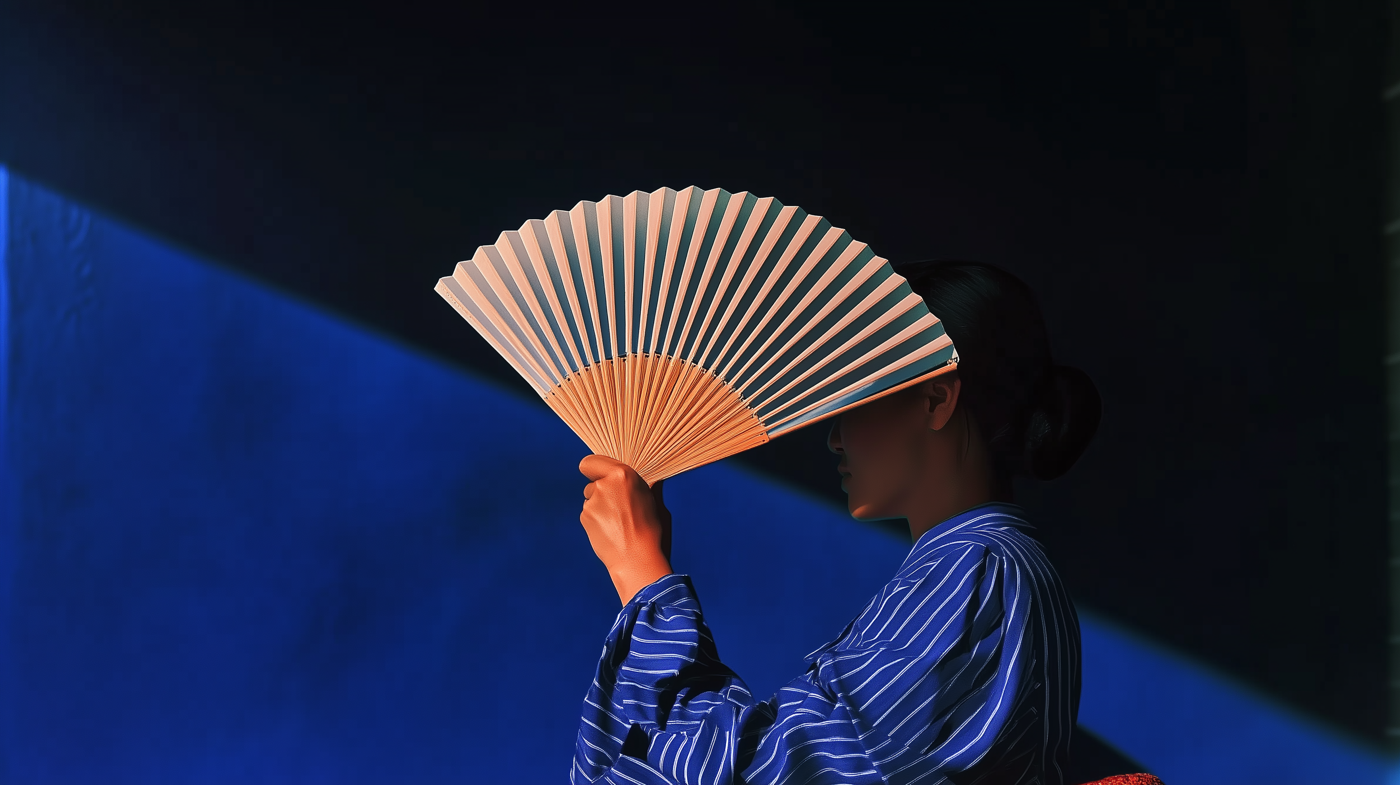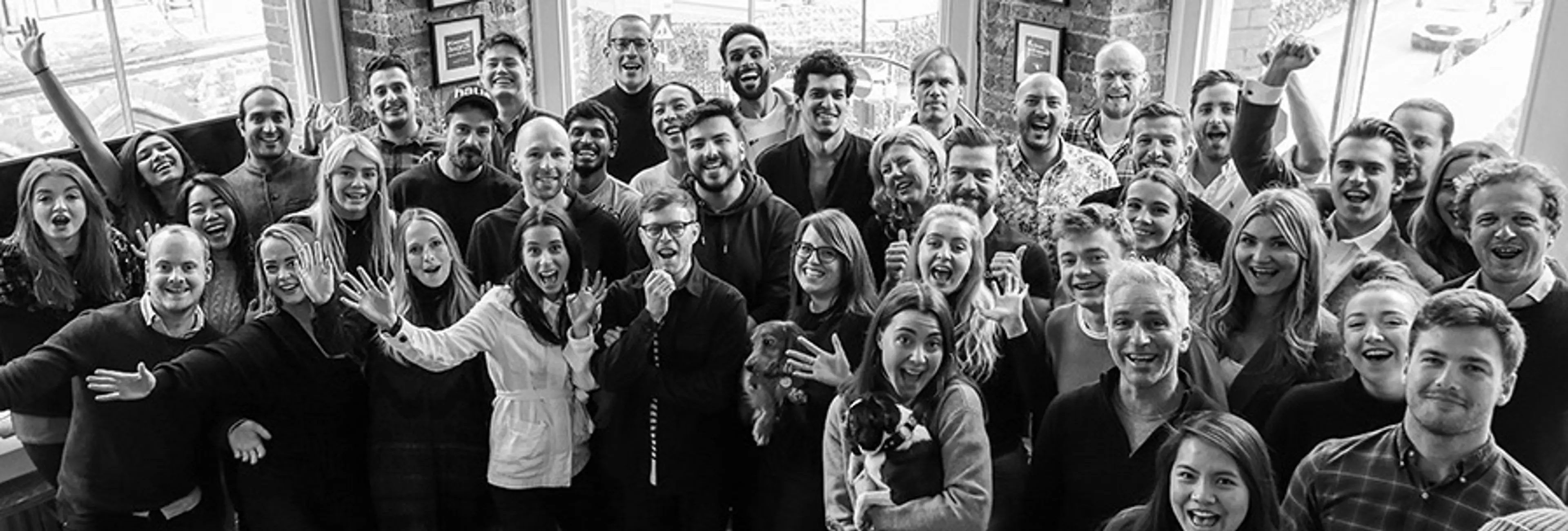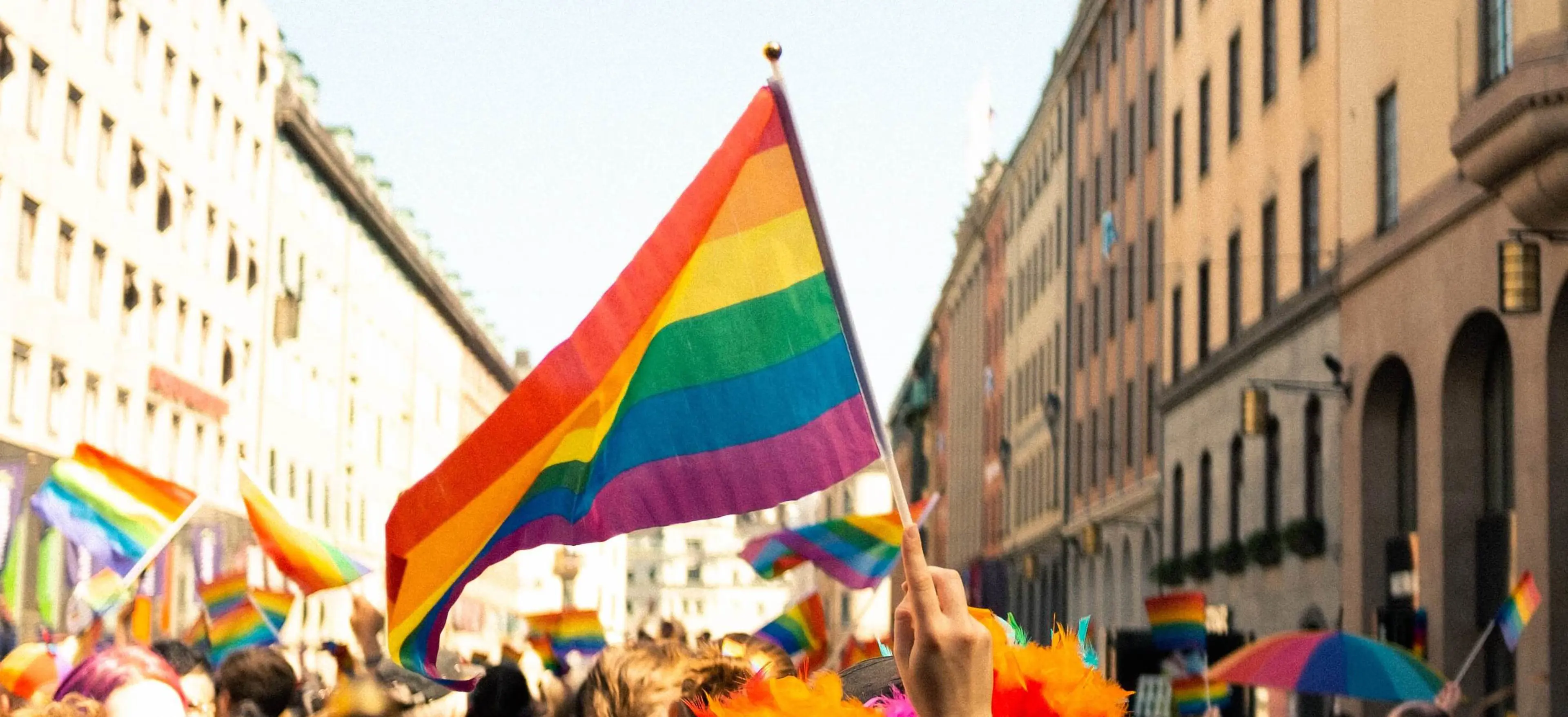
Hospitality & Travel
1 Sept 2021
7 Min Read
Out and About: LGBTQ+ Travel Now
London’s Pride Parade 2021 has become a casualty of Covid for the second year running, but the sentiments of love, protest and respect will still be celebrated citywide.

“We now live in a world that talks openly about LGBTQ+ honeymoons, destination weddings and family travel, and one that has a greater appreciation of the value of LGBTQ+ travel.”
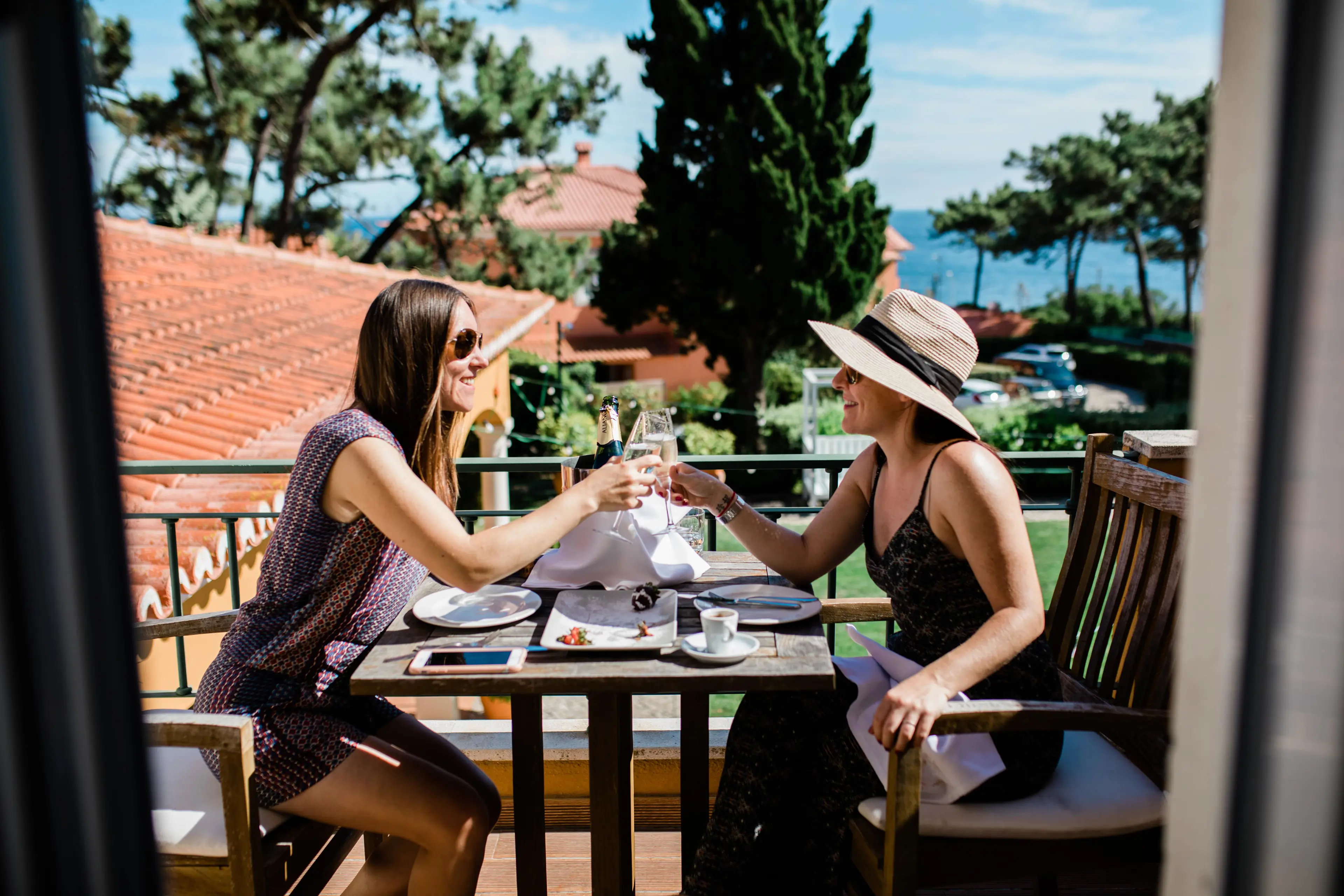
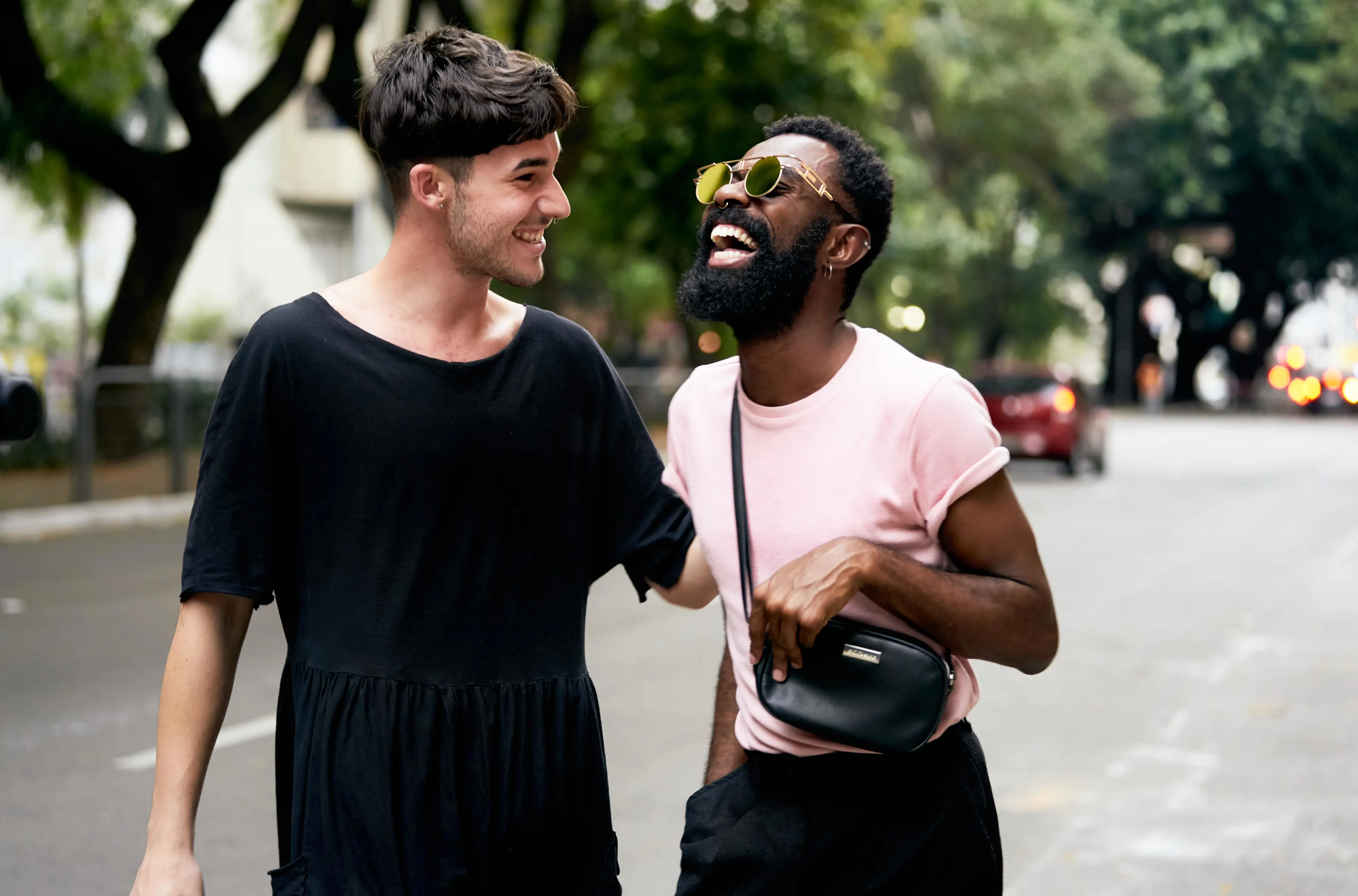
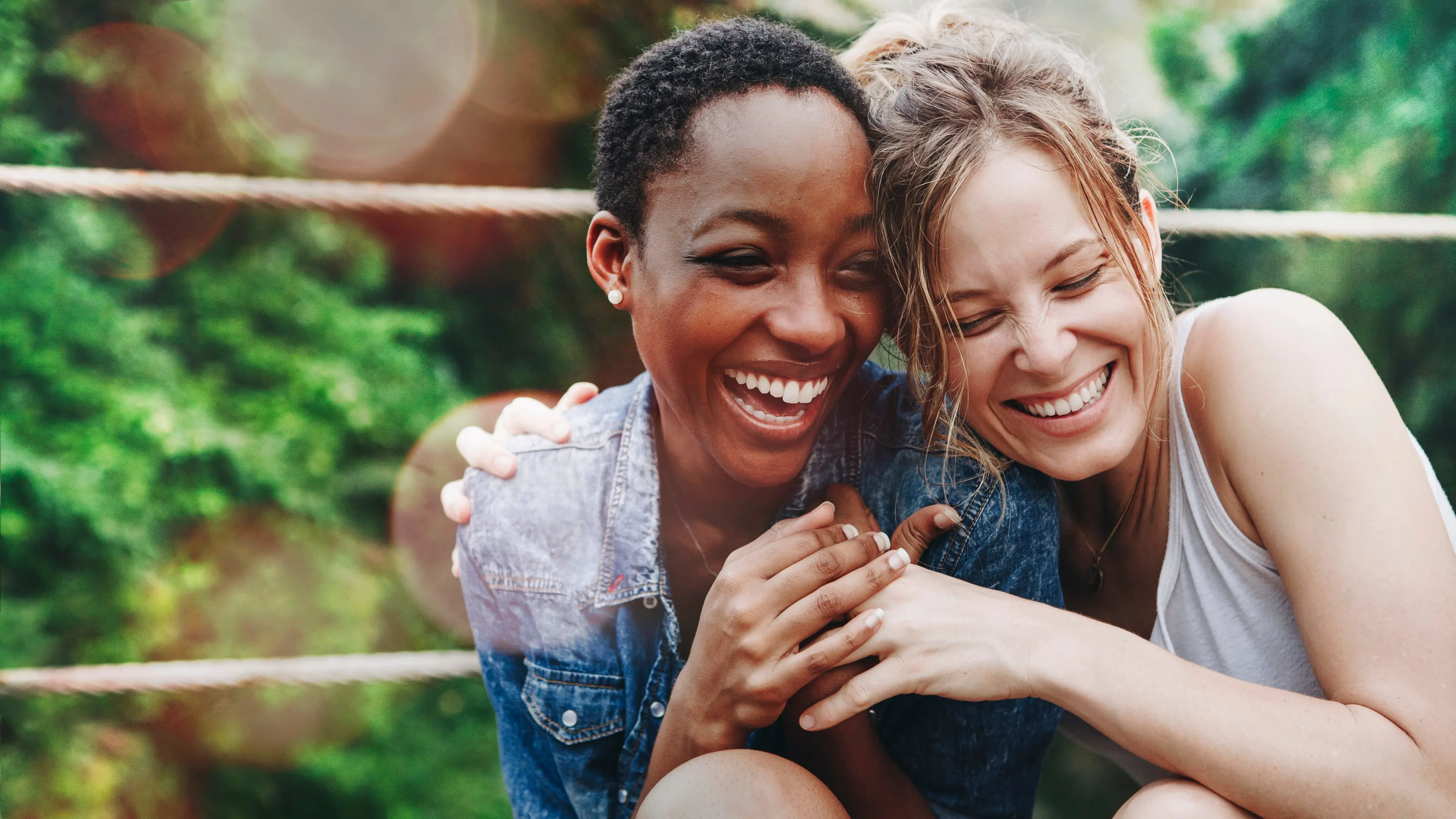
“As a community we have also long been motivated by cultural experiences. During the pandemic, our access to those experiences were curtailed and we’re hungry for it again.”
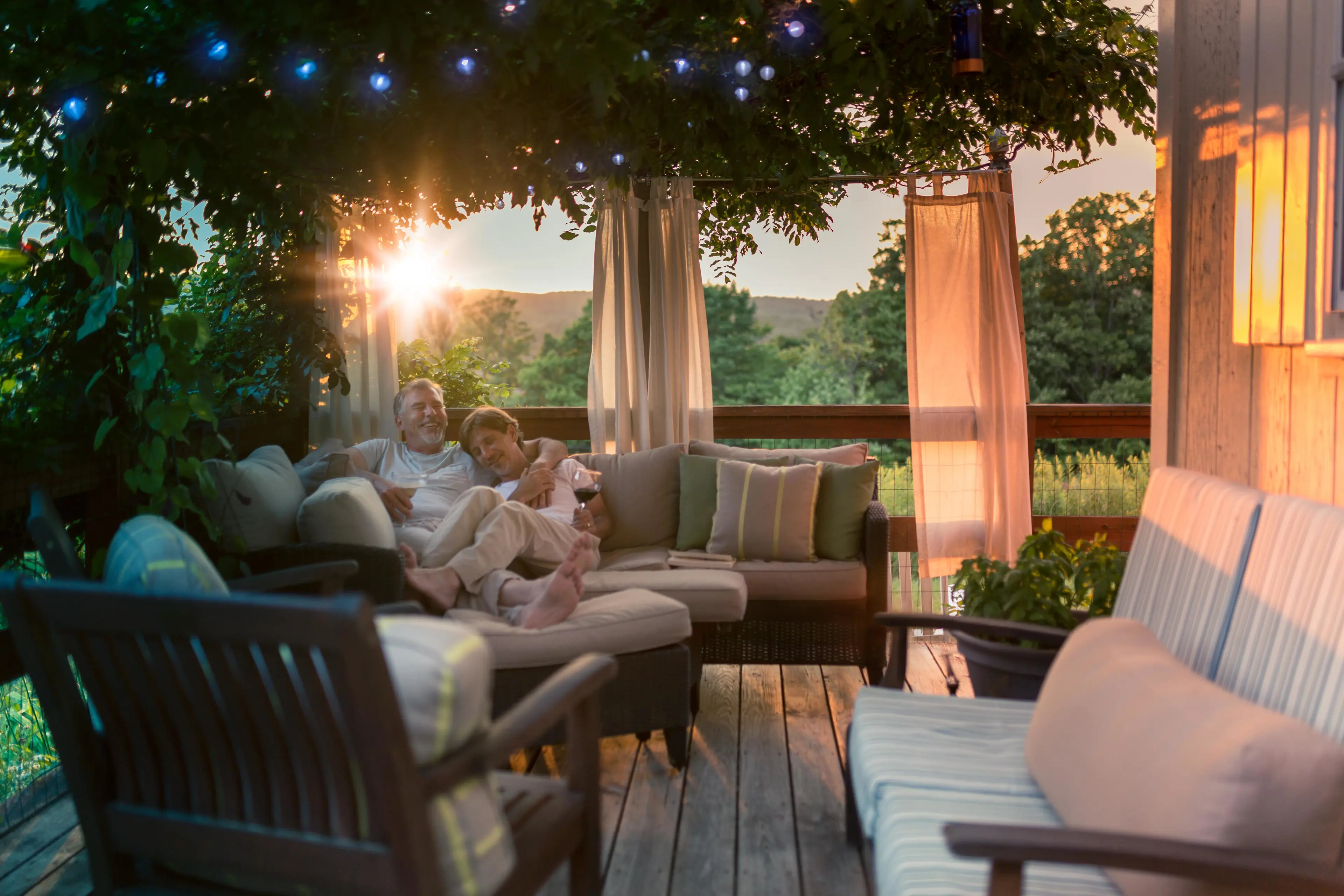
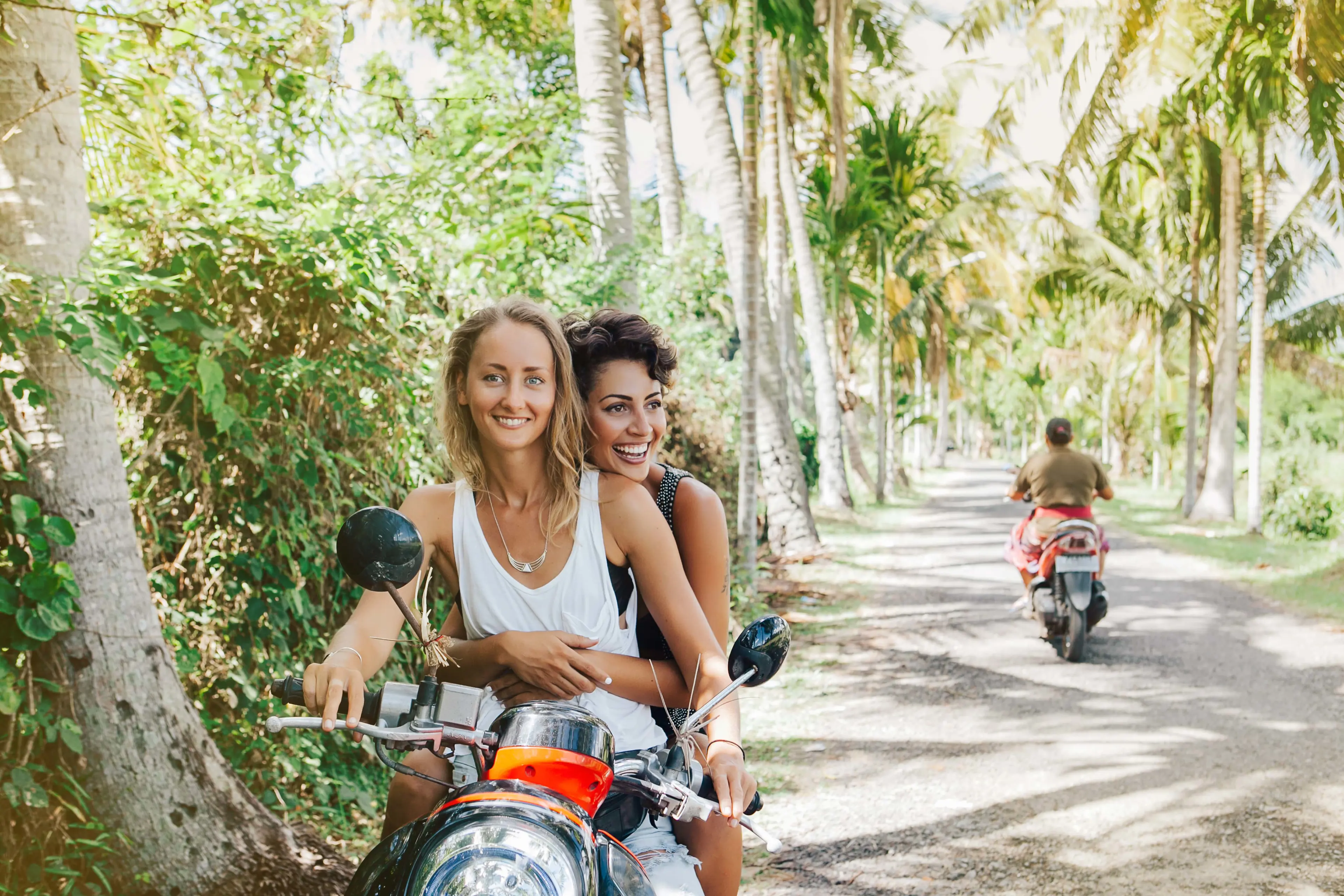
Brand & CX
Tech & Innovation
Hospitality & Travel
